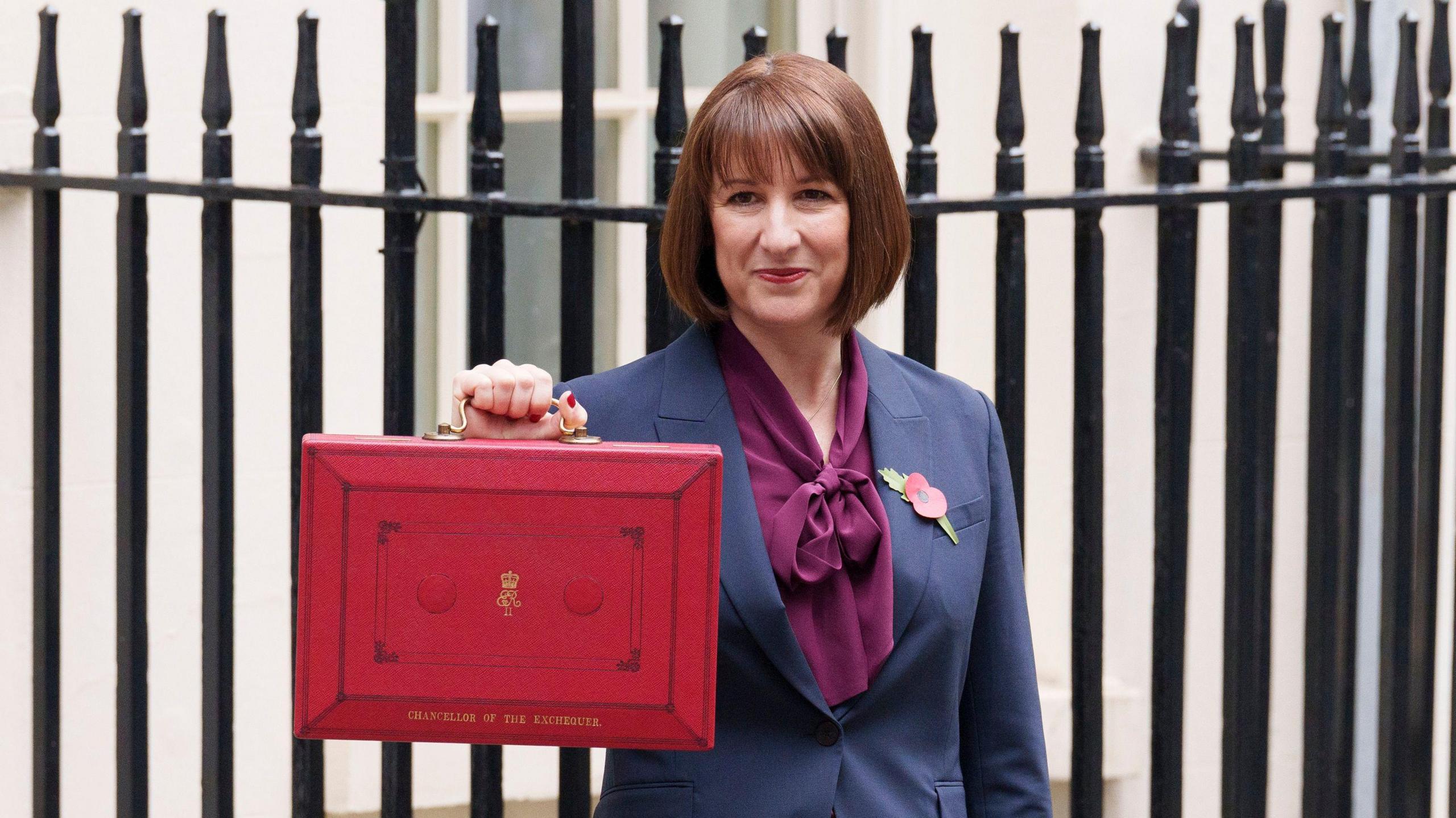Rachel Reeves Eyes Shock ‘One-Off’ Wealth Tax in 2025 Budget — Experts Warn of Massive Blow to UK Investors
Chancellor Rachel Reeves is reportedly preparing a surprise one-off wealth tax in the 2025 Budget, a move insiders say could hit Britain’s richest households and trigger fresh fears of an investor exodus. Designed to plug a £30 billion fiscal gap, the potential wealth levy could mark the biggest political gamble of Reeves’ career — and a turning point for how the UK taxes high-net-worth individuals.
Wealth Tax Bombshell: What Reeves May Be Planning
According to a new analysis from the Institute for Fiscal Studies (IFS), a short-term, “credibly one-off” tax on wealth could, in theory, raise billions without giving the ultra-rich time to hide or shift assets overseas. The IFS stopped short of endorsing the plan but acknowledged that a surprise assessment could prove “economically efficient” in the short term.
Treasury sources refused to deny the move when pressed on Sunday night, fueling speculation that the Chancellor could spring a “temporary” wealth tax in the November 26 Budget.
Pressure From Labour’s Left Wing
Behind the scenes, Reeves is said to be facing intense pressure from Labour MPs and senior ministers demanding new measures to fund welfare spending and social programmes. Some backbenchers have pushed for a 2% annual levy on assets above £6 million, which they claim could raise up to £10 billion a year.
But critics warn that even a one-off version could damage confidence and drive investment abroad. “They are too weak to face down the Left of their party — and that means yet more tax rises are coming,” said Shadow Chancellor Mel Stride, accusing Labour of risking “a flight of capital” from the UK.
IFS: ‘History Shows Wealth Taxes Don’t Work’
The IFS report notes that recurring wealth taxes have been scrapped in most developed economies after repeated failures.
“International experience of annual wealth taxes is not encouraging. They have been abandoned in most of the developed countries that previously had them,” the report said.
The think tank urged the Chancellor to explore more targeted tax reforms, warning that poorly designed levies could inflict “unnecessary economic damage.”
Hidden Tax Rises on the Horizon
Even if Reeves avoids a full-scale wealth tax, analysts say she may still rely on “stealth” measures that quietly raise billions over time.
Among the options reportedly under review:
-
Extending the freeze on income tax and national insurance thresholds for another two years — a move that could pull millions of workers into higher tax brackets and raise £10.4 billion by 2030.
-
Removing capital gains tax exemptions on inherited assets, potentially generating £2.3 billion annually.
-
Raising inheritance, dividend, and interest tax rates by one percentage point, adding another £1 billion to Treasury coffers.
-
Charging working pensioners National Insurance for the first time, bringing in an estimated £1.3 billion — though experts warn it could push older Britons out of the workforce.
-
Capping the 25% tax-free pension withdrawal at £100,000.
Ministers Drop Hints on Welfare Spending
Education Secretary Bridget Phillipson has hinted that Labour may also be preparing to scrap the controversial two-child benefit cap, saying she is “confident the Government will do the right thing.”
The policy reversal would be politically popular but fiscally risky — leaving Reeves little choice but to raise new revenue through wealth or inheritance-based measures.
A Treasury spokesperson said the upcoming Budget “will strike the right balance between responsibility and fairness,” but refused to rule out wealth-based levies.
Economic Uncertainty and Investor Fears
Market analysts warn that even the threat of a wealth tax could rattle business confidence, weaken sterling, and discourage overseas investment. “The UK risks sending a dangerous signal that success will be punished,” one City economist told Finance Monthly.
Financial advisers have already reported a rise in clients moving assets offshore, citing fears that Reeves’ “temporary” measures could quietly evolve into permanent taxation on property, pensions, and portfolios.
The Future Tax Storm: What Could Come Next
Insiders say the one-off wealth raid could be only the beginning. Treasury officials are exploring a menu of future revenue-raising options designed to avoid breaking Labour’s manifesto pledges on income tax, National Insurance, and VAT.
Among the ideas circulating in Whitehall:
-
Luxury Property Levy targeting homes worth over £2 million.
-
Supercar Duty linked to carbon emissions and vehicle value.
-
Digital Dividend Tax on crypto, influencer, and online income.
-
Temporary NHS Levy, sold as a “patriotic contribution” to fund health and defence.
Senior civil servants have reportedly warned Reeves that calling such measures “temporary” rarely makes them so.
“Once the Treasury creates a new tax stream, it never disappears,” said one former HMRC adviser.
UK Wealth Tax People Also Ask
Will Rachel Reeves introduce a wealth tax in 2025?
While not confirmed, Treasury insiders say a one-off wealth tax remains “under active consideration” for the November Budget.
How much could a UK wealth tax raise?
Estimates suggest a 2% levy on assets above £6 million could raise £10 billion annually — though economists warn it could damage investment.
What are the risks of a wealth tax?
Experts say it could trigger capital flight, discourage entrepreneurship, and weaken London’s global financial standing.
Could Labour raise taxes again in 2026?
Yes. Proposals under review include a luxury property levy, inheritance reforms, and a digital dividend tax targeting online income.














